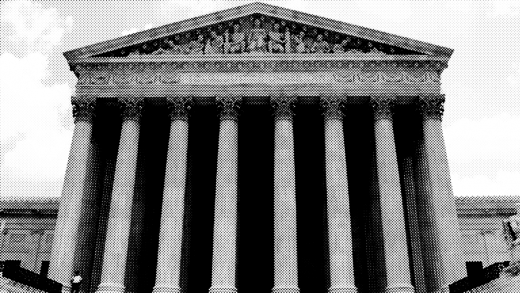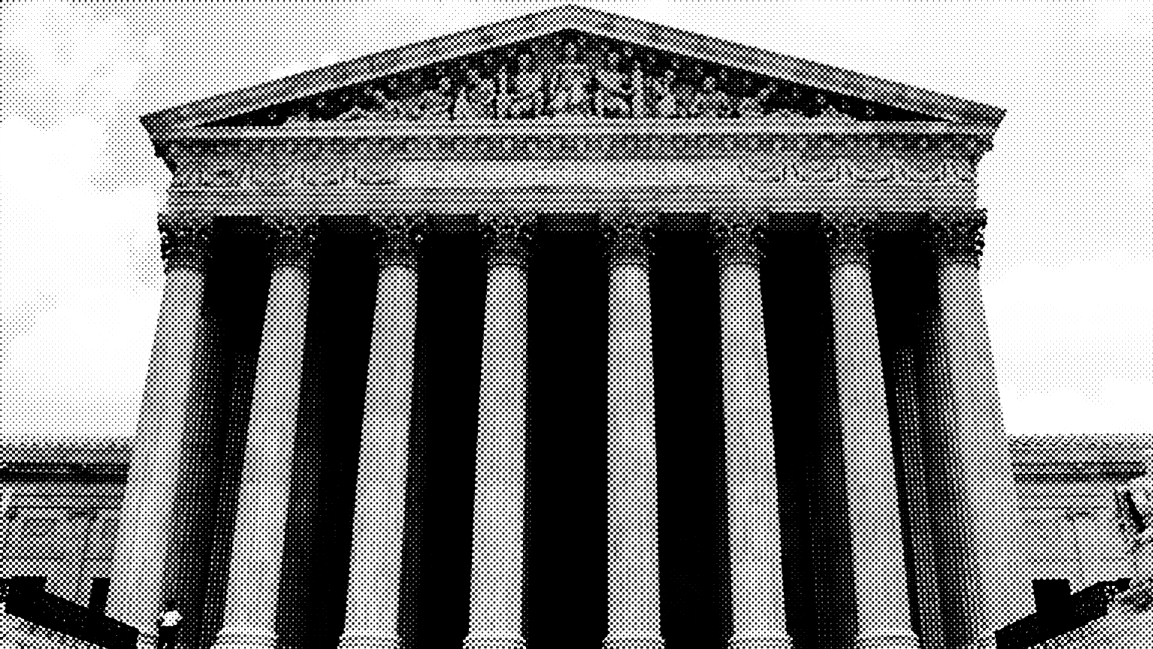Supreme Court robocall ruling says federal debt collectors no longer get special treatment
The U.S. Supreme Court on Monday effectively upheld a 1991 ban on robocalls to cell phones—a decision that is likely to see little opposition from the public.
“Americans passionately disagree about many things,” wrote Justice Brett Kavanaugh. “But they are largely united in their disdain for robocalls.”
In fact, the court even further limited the types of calls that are legal, overturning a 2015 amendment to the ban that granted an exemption to automated calls trying to collect government-backed debts, such as student loans and mortgages.
The ruling stemmed from a group of “political and nonprofit organizations” that sued the federal government seeking the right to make political robocalls. They argued the 2015 law unconstitutionally discriminated among types of speech, in violation of the First Amendment, since it allowed the automated calls only if they were seeking to recover certain types of debt, not if they were looking to pass on any other message.
In a divided set of opinions, the majority of the justices agreed the 2015 law that allowed the debt collection calls was, in fact, a First Amendment violation, since it discriminated against other types of calls. But most justices favored solving the problem by overturning the exemption, meaning federal debt collection robocalls will no longer see special treatment.
Justice Neil Gorsuch lamented in a separate opinion that the court’s approach brought little benefit to the political organizations who brought the suit. He and Justice Clarence Thomas questioned whether the court’s approach, effectively severing the unconstitutional exemption for debt collection from the rest of federal robocall law, was the right one.
“They came to court asserting a right to speak, not a right to be free from other speakers,” Gorsuch wrote of the political groups in the case. “Severing and voiding the government-debt exception does nothing to address the injury they claim; after today’s ruling, federal law bars the plaintiffs from using robocalls to promote political causes just as stoutly as it did before. What is the point of fighting this long battle, through many years and all the way to the Supreme Court, if the prize for winning is no relief at all?”
In a statement, the American Association of Political Consultants, one of the groups involved in the case, expressed hope future court decisions would further clarify what’s permissible. Facebook, which sends automated texts to users for security purposes, recently asked the Supreme Court to review the nearly 30-year-old robocall law and how it applies to modern technology.
“We are grateful that the Supreme Court recognized the importance of the First Amendment and the harms imposed by content-based restrictions on speech but are disappointed that the Court did not rule in favor of the AAPC entirely,” AAPC executive director Alana Joyce said in the statement. “There remain open questions about what the TCPA means and how it applies to those who engage in First Amendment-protected policy and political discussions. We hope the Court grants review to resolve those issues in the pending Facebook case, addressing the proper interpretation of the TCPA’s auto dialer definition.”
(33)



